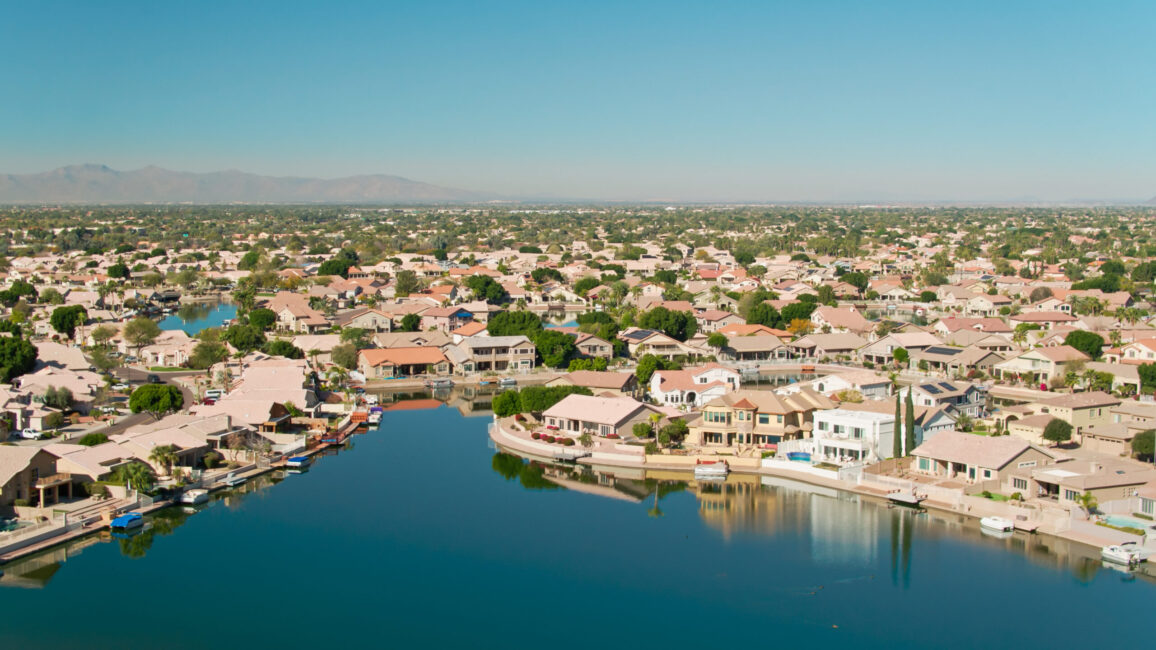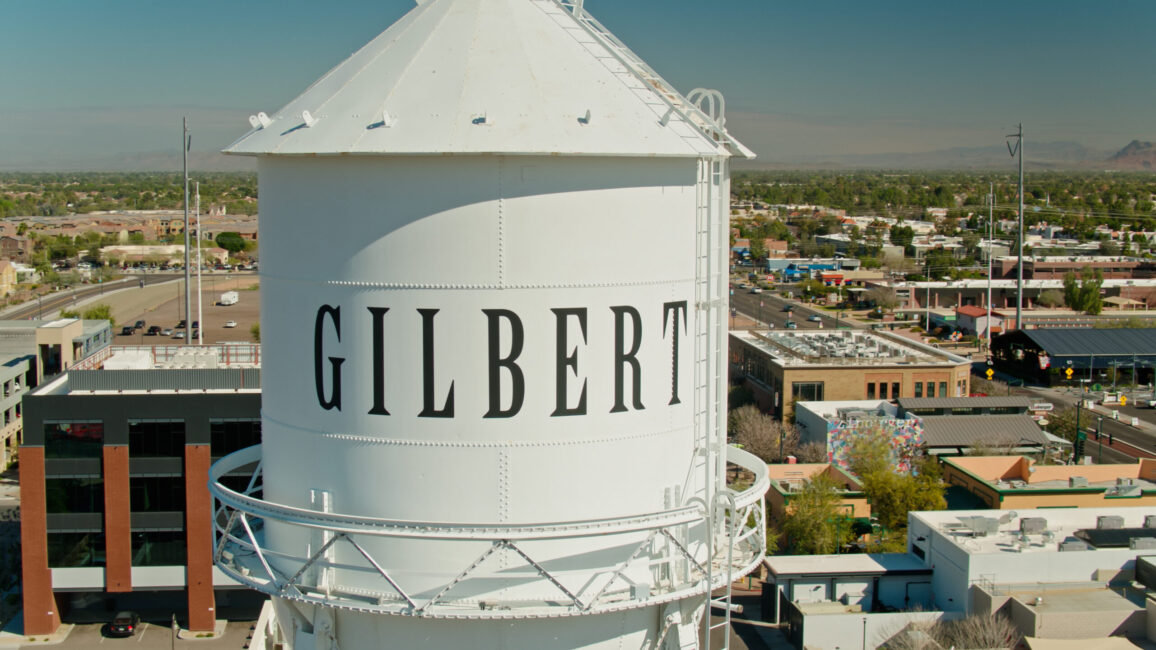When you call a Phoenix car accident lawyer after a crash, he or she will ask you about the damage to your vehicle and a number of other questions, including some about your car insurance and if you know how to deal with at fault driver’s insurance company.
It may help you to read our FAQ on vehicle damage and insurance so you know what to do—and what not to do—after a car accident.
The injury attorneys at Phoenix Accident and Injury Law Firm near you have significant experience in helping clients who experienced injuries after a traffic accident and need help navigating their car insurance and longing for answers on how to deal with at fault driver’s insurance company. Our offices are conveniently located in nearby Chandler, Peoria, and North Phoenix, and we can meet in-person at our nearby offices, over the phone, or video call. You can contact us for a free consultation, or read on to find out more.
By the way, we will also help with other problems that have cost you sleep, like getting a rental car very soon and finding a nearby doctor who can help you. Even the best legal team isn’t good enough if your quality of life isn’t sustainable while justice and compensation are on the way. The whole point of legal action is to regain quality of life, so we help you long-term as attorneys and short-term as your go-to people. Our familiarity with the local Phoenix courts makes us confident that we can help you get the best settlement possible.
Talking to Insurance Companies
Your first call will be to your car insurance company (even before you call a Phoenix car accident attorney) to notify them of your auto accident. Be prepared and take notes, and know that you have to deal with at fault driver’s insurance company and that they may call you in an attempt to get information that damages your case.
How can I find out how much car insurance the at-fault driver has?
You can send an email or text to the at-fault driver’s car insurance company to ask. However, you should avoid talking to the other driver’s insurance company on the phone (instead, ask your Phoenix car accident lawyer to do so for you). You have to deal with at fault driver’s insurance company together with your lawyer.
What information will the at-fault driver’s car insurance company ask for?
If the at-fault party’s car insurance company calls you, the adjuster will ask for:
- Your name
- Your address
- Your contact information
- The make and model of your car
- Where the crash occurred
- Your version of the events leading up to and including the crash
Below are some scenarios on how to deal with at fault driver’s insurance company:
A claims adjuster for the other party in this car accident may try to get you to do or say something that could hurt your claim. That is why it is best to say as little as possible. Many people choose to refer the claims adjuster to their Phoenix car accident lawyer immediately, rather than discussing the circumstances of the crash or explaining what happened in detail.
You shouldn’t discuss the details of the car accident or your injuries. Just tell the adjuster that you may (or will) be making a claim at the appropriate time.
If the claims adjuster asks to record the call, say no.
If the claims adjuster gets pushy, feel free to hang up.
If you want to find out whether the other insurance company has accepted 100% liability for the accident, you can ask the claims processor for your own insurance company.
If the other insurance company hasn’t accepted liability, you can ask them why via email or fax. Again, it’s best not to get involved in any kind of a phone call and leave it up to your lawyer.
Why does the other driver’s car insurance company want to talk to me?
Car insurance companies know that if they can get you, the injured party, to admit fault (even a little bit of fault), they may not have to pay you as much as they ordinarily would. It’s an adjuster’s job to minimize payout and keep money in the company’s pocket, so when they call, they’re trying to get you to admit fault.
The adjuster will probe for any inconsistencies between what you say happened, what their driver says happened, and what the police say happened.
If the case goes to a jury (which is unlikely, but possible), the other side’s attorney can use these inconsistencies to cast doubt on whether the insurance company’s client was really 100% at fault for the car accident.
That’s why you shouldn’t talk to insurance adjusters about the car accident, and you certainly shouldn’t allow them to record a call with you. (Learn more about comparative negligence and how to deal with at fault driver’s insurance company.)
What does it mean when the at-fault driver’s car insurance company accepts liability?
If the at-fault driver’s insurance company accepts liability, they’re admitting that their driver caused the accident; they now need to pay you for the property damage and bodily injury that their insured driver caused.
Do I need acceptance of liability in writing?
Absolutely. A verbal acknowledgement will not cut it.
You can ask for this in a short, simple fax or email. For example, you could write:
Does [name of insurance company] accept liability for the accident involving [name of insured driver] on August 13, 2019?
How do I deal with at fault driver’s insurance company without being recorded?
Again, hoow to deal with at fault driver’s insurance company? You should communicate in writing, by fax or email. However, don’t get involved in a discussion or share your own information via fax or email.
Many people choose instead to hire a Phoenix car accident lawyer who can handle all the communication between you and the at-fault party’s insurance company.
When can I start talking to the other driver’s car insurance company?
You should deal with at fault driver’s insurance company once they admit their driver is 100% at fault, you can start talking. Otherwise, all the conversations will lead to their attempts at having you accepting some portion of fault. You don’t want that to happen.
You still need to be careful not to say anything that would reduce the amount of your valid claim.
For example, when someone asks you, “How are you today?” your instinct may be to say, “Fine,” even if you don’t feel fine at all. It is a safe way on how to deal with at fault driver’s insurance company. They might have the keys on lessening your claim.
That’s one reason it can be helpful to have a Phoenix car accident lawyer handle your claim: to prevent you from saying anything that could hurt your case.
Should I make a claim against my own car insurance?
You should make a claim against your own car insurance; not because you’re at fault, but because that’s the purpose of having insurance. If you’re not at fault, your premiums won’t increase. Your car insurance company will pay to repair your vehicle and submit the bill to the at-fault driver’s car insurance company.
What if the at-fault Driver does not have car insurance?
You should get in touch with your own car insurance company. You may have uninsured motorist coverage.
If you don’t, you may need to sue the other driver to seek compensation. However, your chances for recovery may be poor. Most people who drive uninsured don’t have much in the way of income or assets.
Do You Need to Talk to a Phoenix Car Accident Attorney?
If you have questions about car insurance or you aren’t sure where to turn after a crash, our Phoenix car accident lawyers can help you.
At Phoenix Accident and Injury Law Firm near you, we have more than 15 years of experience helping clients obtain compensation for their personal injuries from car accidents in the Phoenix area and proving them on helpful information on how to deal with at fault driver’s insurance company. When you’re ready to talk, please contact our office to arrange a free initial consultation by phone or at our Chandler office, conveniently located near you.
If you have been in an auto accident, contact Phoenix Accident and Injury Law Firm in nearby Chandler, AZ to speak with an experienced personal injury attorney. We provide personal injury legal services to clients in your area including Chandler, Gilbert, Mesa, Scottsdale, Tempe, and Peoria.













